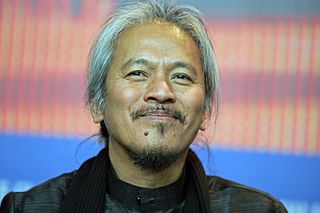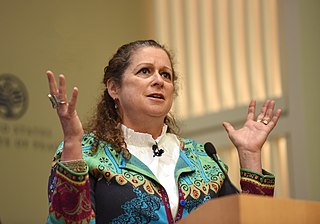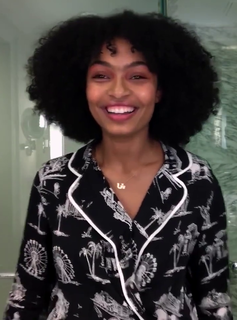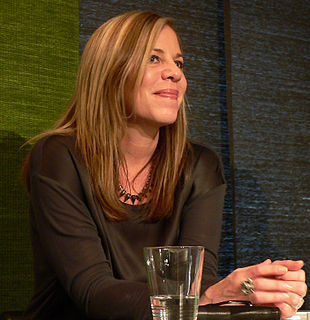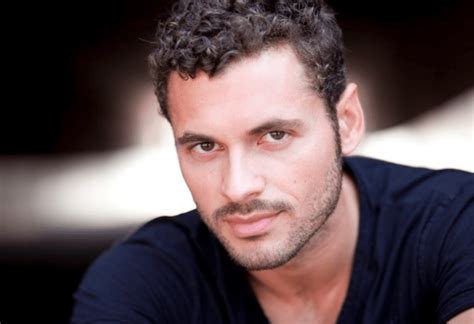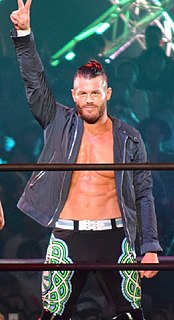A Quote by Lav Diaz
Even if I made pornography, the trauma would show, though. It will always be there because it's my verité. It's my kind of narrative, it's my kind of storytelling. It's not style; it's just there.
Related Quotes
I think my sensibilities about storytelling and character just automatically come into play when I'm trying to work on any kind of narrative. For me, it doesn't really matter what the source of the narrative is. I will be looking for ways to make it into an intriguing story with empathetic characters.
There's a real difference between a documentary that was all about facts and history and information. People just don't get as engaged in that kind of documentary - they don't fall in love, they don't cry, they don't forget who they are, they don't ride with you. As we realized we had richer, vérité kind of people, what we wanted to do is focus in on the vérité story.
It's not that kind of love. It's the real kind. The unconditional kind. The nonjudgemental kind. Not the physical kind. I love you as a fellow soul who inhabits this earth. I love you as a fellow immortal. I love you because I finally understand what made you the way you are. And if I could change it, I would. But I can't—so I choose to love you instead. And my hope is that my acceptance of you will spur you to do something good too, but if not—" I shrug. "At least I can say I tried.
Comedy scares me a lot. I feel like it's way harder than drama. I think my safety net is definitely drama, and I would love to kind of be able to be able to push into the comedy world and do something kind of like a Christopher Guest kind of style show. That, to me, is my kind of comedy. Like, Ricky Gervais comedy. That's my kind of thing.
Comedy scares me a lot. I feel like it's way harder than drama. I think my safety net is definitely drama and I would love to kind of be able to be able to push into the comedy world and do something kind of like a Christopher Guest kind of style show. That, to me, is my kind of comedy. Like, Ricky Gervais comedy. That's my kind of thing.
I have a theory that, for people of color or others who have been cut out of the master narrative, just telling your personal survival tale, your story, is civic engagement. It is a kind of political performance and is really crucial in that storytelling is how the writers connect with people and change. It's how we collect and add to and complicate the master narrative.
